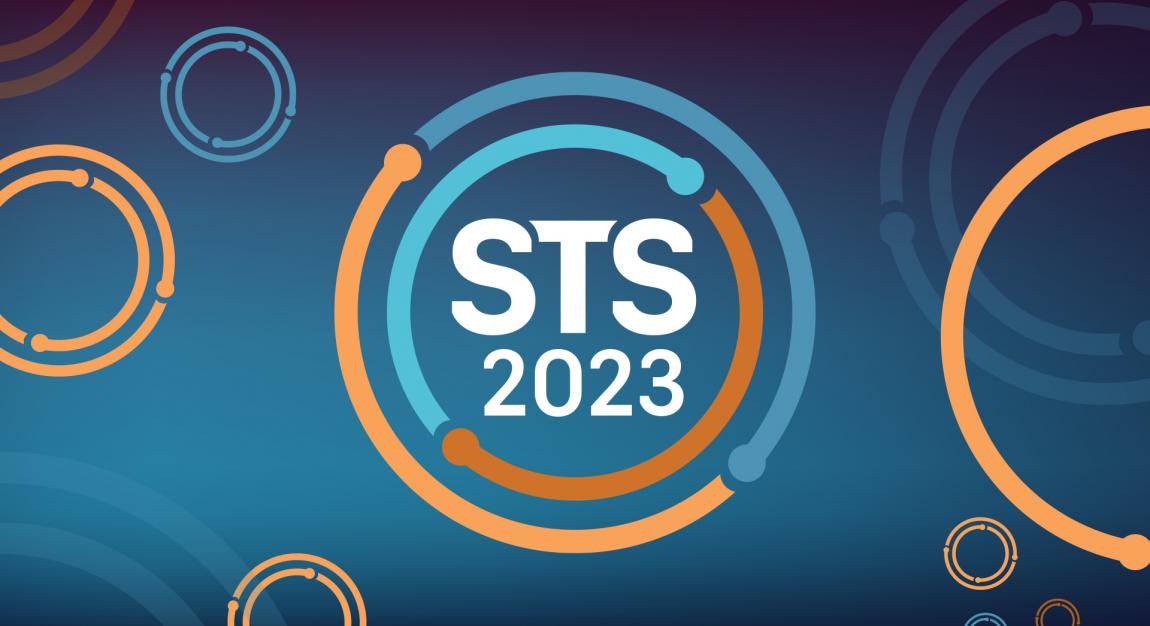In today’s Vivien T. Thomas Symposium at STS 2023, attendees will hear how they can help to mitigate disparities in care for patients undergoing congenital surgery—and how these steps can make a difference in care throughout patients’ lifetimes.
“Clearly, health equity is one of the most important drivers of outcomes across a lifetime,” said Tara Karamlou, MD, MSc, who will present during today’s Vivien Thomas Symposium. “If you’re 80 and part of an underserved population, living below the poverty line, you’ve lived your life to that point. For a child in that situation, we as healthcare providers have a responsibility to address inequities in care, and to understand that some populations are uniquely at risk.”
An important step in addressing patient care disparities lies in tackling provider disparities, Dr. Karamlou points out. “We know from extensive literature that if women take care of women, if African Americans take care of African Americans, the outcomes are better. If a provider is culturally competent, they can relate to those patients such that they come back for their visits, they stay in touch with their health care team.”
Dr. Karamlou noted the importance of recognizing social determinants of health as new tools—such as the new STS adult congenital surgery risk model, which will be unveiled this morning at STS 2023—are implemented in the clinical setting. “Going forward, in addition to capturing mortality, factors such as quality of life and other patient-reported outcomes will need to be folded into the risk model,” she said.
Whether attendees are adult cardiac surgeons, congenital cardiac surgeons, or thoracic surgeons, it’s critical to understand that adult congenital surgery is one of the most rapidly growing fields in the specialty, and that patients who have congenital conditions have unique risk factors. “Those patients circumscribe the entire cardiothoracic care spectrum,” Dr. Karamlou said. “An adult congenital patient is still an adult congenital patient, whether they’re undergoing CABG, a pulmonary valve repair, a diaphragm plication, or a lung transplant, you need to adequately capture and adjust for the risk of your patients.”
“Whatever specialty you’re in, more accurately doing that among this growing population is going to pay dividends not just for you as a surgeon, but also for your program,” Dr. Karamlou added, “so that you can adequately get credit for the complexity of your operation.”
“Social Determinants of Health: Mitigating health disparities across a patient’s lifespan in congenital cardiac surgery” will be presented today as part of the Vivien Thomas Symposium, beginning at 2:45 p.m. PT.
